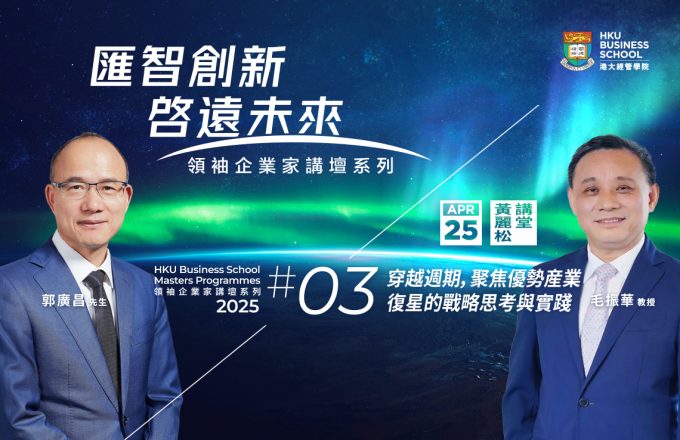
“Data-driven Consumer Debt Collection via Machine Learning and Approximate Dynamic Programming” by Mr. Qingchen Wang
Ph.D. Candidate in Data Science and Business Analytics
Amsterdam Business School
University of Amsterdam
This paper develops and tests a framework for the data-driven scheduling of outbound calls made by debt collectors. These phone calls are used to persuade debtors to settle their debt, or to negotiate payment arrangements in case debtors are willing, but unable to repay. We determine on a daily basis which debtors should be called to maximize the amount of delinquent debt recovered in the long term, under the constraint that only a limited number of phone calls can be made each day. Our approach is to formulate a Markov decision process and, given its intractability, approximate the value function based on historical data through the use of state-of-the-art machine learning techniques. Specially, we predict the likelihood with which a debtor in a particular state is going to settle its debt and use this as a proxy for the value function. Based on this value function approximation, we compute for each debtor the marginal value of making a call. This leads to a particularly straightforward optimization procedure, namely, we prioritize the debtors that have the highest marginal value per phone call. We validate our proposed methodology in a controlled field experiment conducted with real debtors. The results show that our optimized policy substantially outperforms the current scheduling policy that has been used in business practice for many years. Most importantly, our policy collects more debt in less time, whilst using substantially fewer resources leading to a large increase in the amount of debt collected per phone call.







